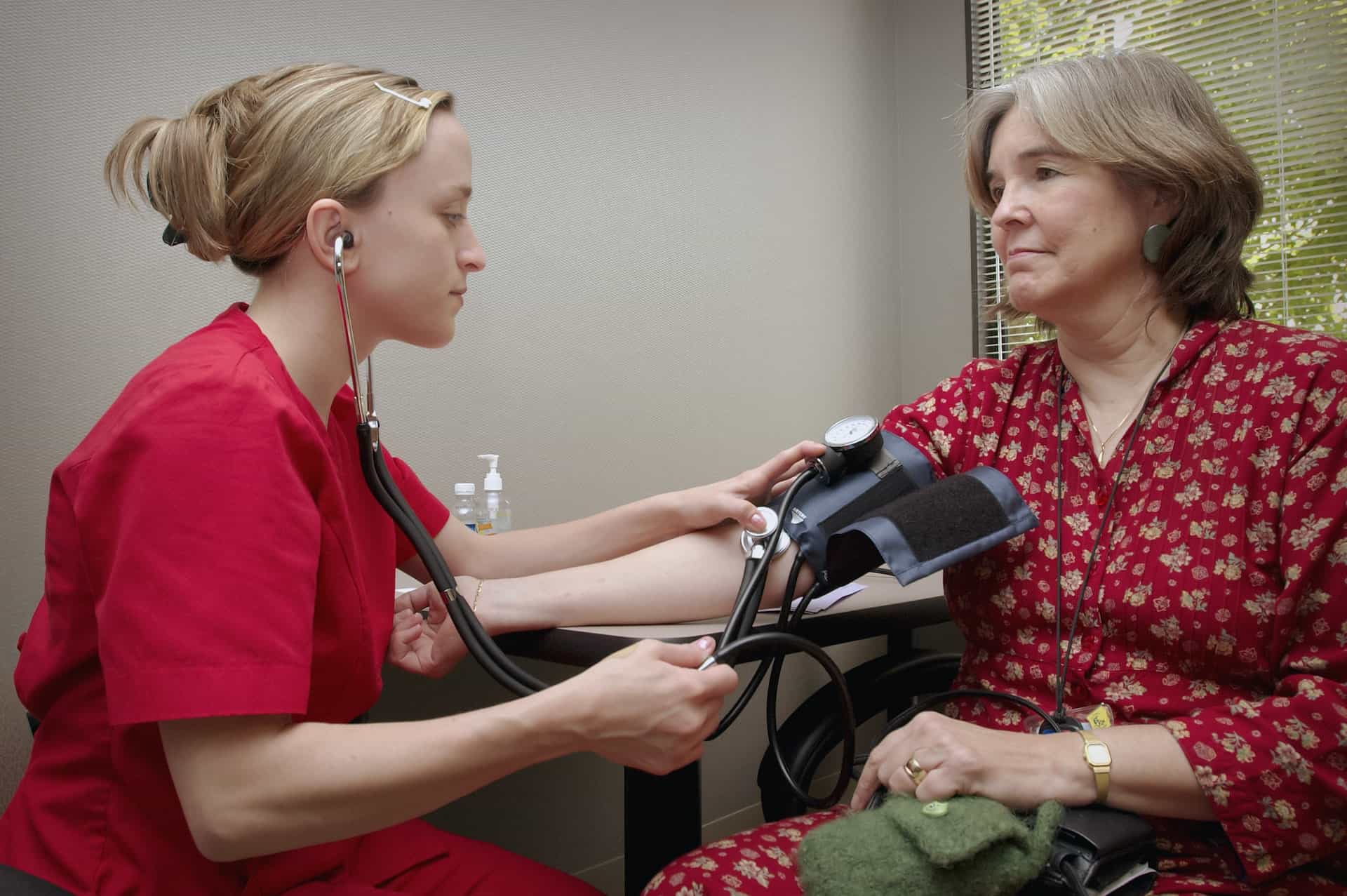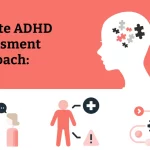
High arterial blood pressure (hypertension) is a relatively common cardiovascular disease in the population, which is defined by a systolic (“upper”) pressure greater than 140 mmHg and a diastolic (“lower”) pressure greater than 90 mmHg.
The upper (systolic) pressure is the blood against the walls of the blood vessels at the moment when the heart muscle contracts and the lower (diastolic) pressure is the blood against the walls of the blood vessels at the moment when the heart muscle relaxes.
Arterial blood pressure usually increases gradually, so the patient does not feel symptoms until some complication of hypertension, such as heart attacks and strokes, appears. That is why elevated arterial blood pressure is called the “silent killer”.
When it is untreated or poorly regulated, it can lead to many diseases of the heart and blood vessels in general. In cases where arterial blood pressure rises sharply, and especially when there are associated diseases – the outcome can be fatal.
Significance
In addition to being one of the most common cardiovascular diseases in the general population, elevated arterial pressure is also a significant risk factor for the onset of other cardiovascular diseases, so it is estimated that people with elevated arterial pressure have heart attacks 3 to 4 times more often, and ischemic disease 6 times more often.
Heart attack and stroke 8 times more often.
Also, arterial blood pressure increases during the years of life and is slightly higher in men until the age of seventy, and then it is almost equal in both sexes. Learn how to lower blood pressure.
Therapy
As the first and most effective measure in the treatment of milder forms of elevated arterial blood pressure, lifestyle changes are recommended (reducing body weight in obese people, proper and healthy diet, regular physical activity, smoking cessation, moderate alcohol consumption, stress reduction). In more severe forms of elevated arterial blood pressure, it is necessary to include pharmacological therapy in the form of one or a combination of drugs from the following drug groups: diuretics, calcium antagonists, angiotensin-converting enzyme inhibitors (ACE inhibitors), angiotensin antagonists and beta blockers.
Prognosis
The prognosis of elevated arterial pressure depends primarily on the very nature of the occurrence of this disease (it is more difficult to control elevated arterial pressure in people with a genetic burden of this disease), but also on timely diagnosis and permanent and proper adherence to the advice received from the doctor, whether that it is a question of pharmacological means or behaviour change.






